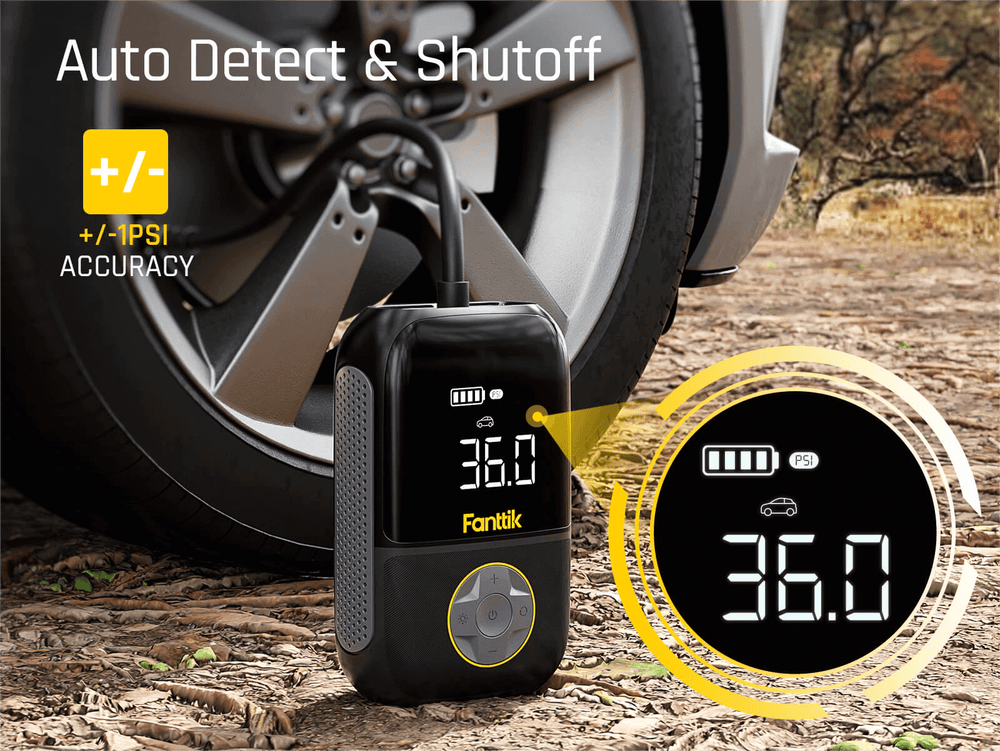Common Troubleshooting Issues with Hand Held Air Compressors and How to Solve Them
Corps
Understanding the Common Troubleshooting Issues
Hand held air compressors are essential tools for various tasks, from inflating tires to powering pneumatic tools. However, like any mechanical device, they can encounter common troubleshooting issues that may hinder their performance. Understanding these issues is crucial for maintaining the functionality of your air compressor.

Low Air Pressure Output
One of the most common issues with hand held air compressors is low air pressure output. This can be caused by a variety of factors, including a clogged air filter, worn-out piston rings, or a faulty pressure regulator. To solve this problem, start by checking and cleaning the air filter. If the issue persists, inspect the piston rings for wear and tear, and replace them if necessary. Additionally, ensure that the pressure regulator is functioning correctly and adjust it as needed to achieve the desired air pressure output.
Excessive Noise and Vibration
Excessive noise and vibration during the operation of a hand held air compressor can be indicative of underlying issues. This may be due to loose components, worn-out motor mounts, or imbalanced rotating parts. To address this, start by tightening any loose bolts and fasteners on the compressor. If the noise and vibration persist, inspect the motor mounts for signs of wear and replace them if necessary. Additionally, ensure that all rotating parts, such as the fan and pulley, are properly balanced to minimize noise and vibration.
Air Leaks
Air leaks are another common issue that can affect the performance of hand held air compressors. These leaks can occur at various points, including the hose connections, fittings, and seals. To identify and solve air leaks, perform a thorough inspection of all connections and fittings, and tighten or replace any components that show signs of leakage. Additionally, inspect the seals and gaskets within the compressor for wear and tear, and replace them if necessary to prevent air leaks.
Overheating
Overheating is a critical issue that can lead to damage to the motor and other components of a hand held air compressor. This can be caused by factors such as inadequate ventilation, overuse, or a malfunctioning cooling system. To prevent overheating, ensure that the compressor is placed in a well-ventilated area during operation. Additionally, avoid overworking the compressor beyond its recommended duty cycle, and allow sufficient cool-down periods between uses. If the issue persists, inspect the cooling system and clean or replace any clogged or damaged components to maintain optimal operating temperature.
By understanding and addressing these common troubleshooting issues, you can ensure the reliable performance and longevity of your hand held air compressor. Regular maintenance, including cleaning, lubrication, and component inspections, is essential for preventing these issues and maintaining the functionality of your compressor.











commentaires